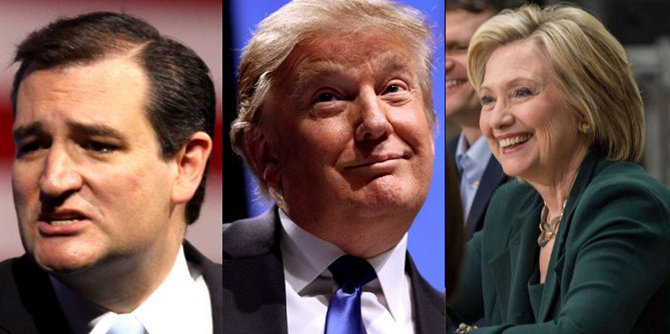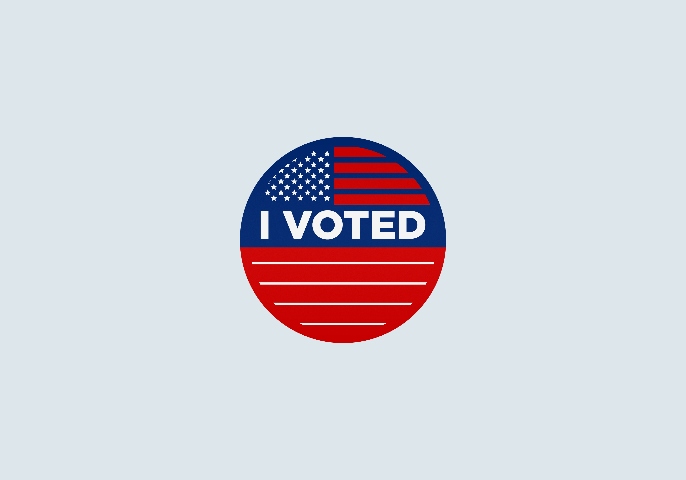On Tuesday January 30th, President Donald Trump gave his first State of the Union address to a joint session of Congress. We asked LSE experts to give their rapid reaction to the speech. Read the State of the Union address here.
-
A scripted 80 minute speech does not portend a departure from the chaos of Trump’s presidency: Brian Klaas– LSE Government
-
Trump’s State of the Union rhetoric was reminiscent of the old ideological approach to drugs and to those who use them, which treats them like fallen individuals whose children must be saved: John Collins – International Drugs Policy Unit, LSE US Centre
A scripted 80 minute speech does not portend a departure from the chaos of Trump’s presidency
 Brian Klaas– LSE Government
Brian Klaas– LSE Government
President Trump’s State of the Union was unremarkable. It was a brief moment of semi-normal political theatre, disrupting a year of chaos, upheavals, recklessness, and outbursts from the president. The best way to think about this speech is in the context of Trump’s speech last year to Congress. At that time, a few gullible pundits fawned over the speech itself, suggesting that Trump had emerged from his campaign chrysalis and had emerged as a “presidential” butterfly. In the following four days, Trump fabricated a lie claiming that President Obama wiretapped him; called, without evidence, to investigate the Senate Minority Leader and the House Minority Leader; and attacked Arnold Schwarzenegger over his TV ratings on a reality television show. In short, Trump hasn’t changed, won’t change, and a scripted 80 minute speech does not portend a departure from the chaos of Trump’s presidency.
The only surprising aspect of the speech was a political negative: that there was virtually nothing new in it. In the past, skilful presidents of both parties have effectively used the State of the Union address to focus national attention on new priorities. Instead, Trump’s speech was more of the same: conflating immigrants with gang members and murderers; discussions of an infrastructure bill; overstating the prosperity of the American economy and taking absolute credit for it; and calling for unity in virtually the same breath that he espouses the virtues of sharply divisive policies.
Trump’s speech belies the fact that he lives in an alternate reality, where the State of the Union is perfect. In reality, the United States is sharply divided, Trump is the least popular president in history (at this stage of his presidency), and the cloud of the Russia investigation and Trump’s politicized attempts to discredit it loomed over every word he said. Those challenges will continue to haunt Trump, while the speech will be a forgotten memory in less than a week.
 Trump’s State of the Union rhetoric was reminiscent of the old ideological approach to drugs and to those who use them, which treats them like fallen individuals whose children must be saved.
Trump’s State of the Union rhetoric was reminiscent of the old ideological approach to drugs and to those who use them, which treats them like fallen individuals whose children must be saved.
John Collins – International Drugs Policy Unit, LSE US Centre
Donald Trump’s comments on the opioid crisis were bizarre even by his standards. In some ways they reflect the divided views within his administration, between paleo-drug warriors such as Attorney General Jeff Sessions and hardliners within the White House Office of National Drug Control Policy (ONDCP), which Trump has repeatedly suggested he may close in deference to fiscal conservatism. On the other side, some voices, such as his own opioid commission, have called for an activist and largely health-based approach to the crisis.
What is clear is that the US is facing a clear public health emergency with generational ramifications. What is also clear is that there is now a broad policy arsenal and decades of experience from countries that have been relatively successful in managing opioid dependence and use. Meanwhile, it is clear that neither Trump’s actions nor his rhetoric acknowledges either of these facts. His administration has done marginally more than nothing to tackle this crisis at the Federal level. His level of inaction is a strong mirror of the inaction, disinterest and incompetence that marked the Federal government’s response to the AIDS crisis in the 1980s.
Meanwhile, Trump’s State of the Union rhetoric was reminiscent of the old ideological approach to drugs and to those who use them, which treats them like fallen individuals whose children must be saved. No doubt this is a powerful and emotive story, but it completely negates the agency of people with substance dependence issues, portrays them in religious terms as lost souls and gives no account of the myriad actions the government could take to ameliorate the crisis. The story Trump recounts – of a police officer adopting the baby of a pregnant woman with drug dependence issues – is a damning indictment of the failures of the US welfare system and its inability to provide even the most basic services for drug dependent individuals. Absent a major escalation of public health services in response to the crisis, these stories will continue to proliferate and remain common. It is the unwillingness of the federal government to use its capabilities and to act in ways commensurate with science and evidence that is the real tragedy here. And it is a political tragedy that will prove fatal to an awful number of individuals.
- Featured image credit: CSPAN
Please read our comments policy before commenting.
Note: This article gives the views of the author, and not the position of USAPP – American Politics and Policy, nor the London School of Economics.
Shortened URL for this post: http://bit.ly/2ntMCpM
About the authors
 Brian Klaas – LSE Government
Brian Klaas – LSE Government
Dr Brian Klaas is a Fellow in Comparative Politics at the London School of Economics. He focuses on global democracy, democratic transitions, political violence and volatility (particularly coups and civil wars), and rigged elections – and the economic risks of all these challenges. He is also a former US campaign adviser. Twitter @brianklaas
 John Collins – International Drug Policy Unit, LSE US Centre
John Collins – International Drug Policy Unit, LSE US Centre
Dr John Collins is Executive Director of the International Drug Policy Unit and Fellow, of the LSE US Centre. He is also coordinator of the Expert Group on the Economics of Drug Policy.






